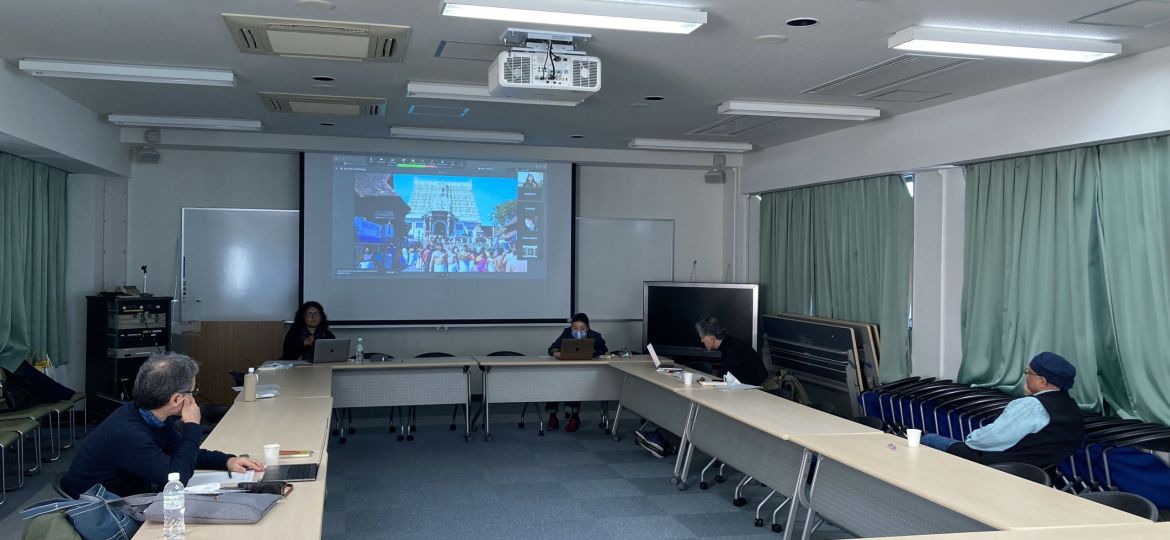
12 March 2023
16:00–18:00
Venue
KINDOWS International Seminar on “A Divine Artefact or Money? The ‘Golden’ Touch of Urban Ties in the Western Indian Ocean”
Organizer
- Center for Indian Ocean World Studies, Kyoto University (KINDOWS)
Programme:
16:00-16:10 Introduction
16:10-17:00 Presentation (Dr Mathew)
17:00-17:20 Comments (Prof. Kuroda)
17:20-18:00 General discussion
Seminar Abstract:
Gold has consistently been the longest traded commodity in the western Indian Ocean, if not the oldest. In what may be a far cry from its status as a monetary and financial instrument today, gold performed multiple functions within the societies and polities connected by this vibrant maritime space. To gold was attributed social and cultural meanings that initiated the formation of early states, carved up religious domains and institutions, established equivalences between different commodities (including people traded as slaves) and created hierarchies between communities within and beyond states. It was used as currency, as sacred objects in ritual worship, as jewellery, as luxury goods by the elite, and as a means of payment of tribute, even reparations in war. With an almost permanent materiality ensuring its survival in infinite time, many societies found gold a useful object around which to articulate the values and ideals defining them and setting them apart from other societies. Like the stone tablets on which Jehovah’s laws were inscribed, or the leather rolls of the ancient Egyptians, gold in its various forms remains an archive of different value registers and their socio-cultural worlds for the historian.
What if these values defined by gold and the social worlds in which they are engrained clash, and come into conflict with each other in the present? What transpires when gold as religious artefact, divine property and royal ceremonial object come up against its universally acclaimed status as money, particularly in moments of global economic crises and financial meltdowns?
The talk draws on one such conflict centred around a temple in Malabar in the western Indian Ocean, and its ties to Dubai on its other flank in the Middle East to reveal the historical dynamic underlying global connections between cities in Asia, and the part played by gold in all of it.
Speaker: Dr Nisha Mathew is a historian of the Indian Ocean, specializing in maritime trade relations between Arabia and western India, particularly Bombay and Malabar. She received her Ph.D. from the University of Witwatersrand, Johannesburg, and was the Muhammad Alagil Postdoctoral Fellow in Arabia-Asia Studies at Asia Research Institute, National University of Singapore. She also held a Research Fellow position at the Middle East Institute at NUS. Her most recent publication was “Bhakt Nation: The Return of the Hindu Diaspora in Modi’s India,” with the journal History and Anthropology. Dr. Mathew is currently Associate Professor at the School of Law, Mahindra University, Hyderabad.
Discussant: Professor Akinobu Kuroda is a renowned scholar of monetary history on East Asia, India, Africa, and Europe, as well as specific studies of China’s monetary history. He is professor at the Institute for Advanced Studies on Asia, University of Tokyo. His recent publication includes A Global History of Money (Routledge, 2020), ‘The Monetary System’ in Cambridge Economic History of China (Cambridge University Press).

